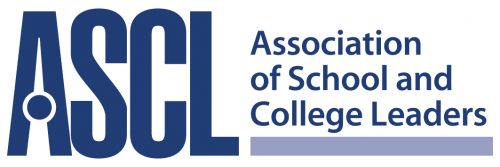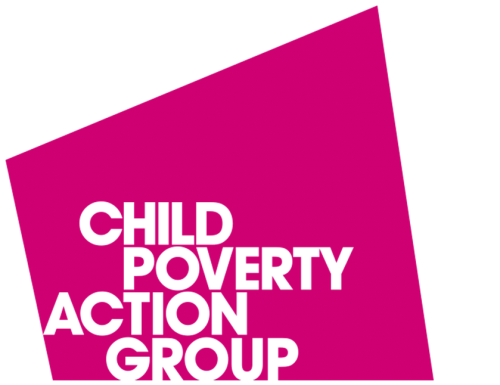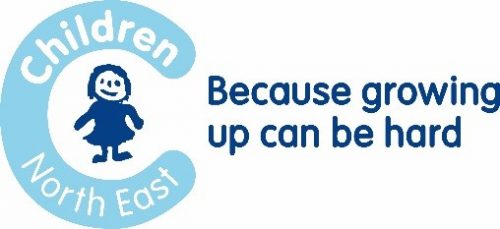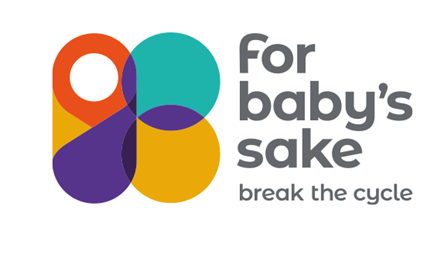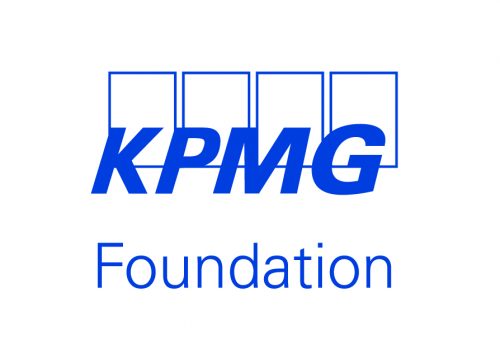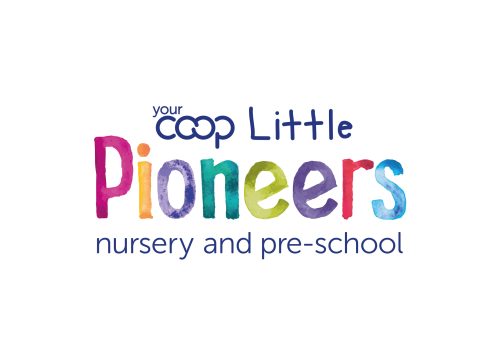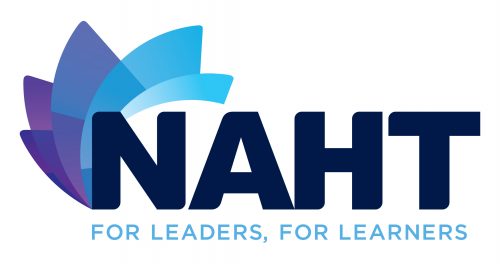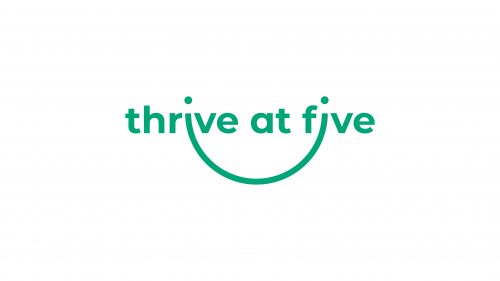The first four years of children’s lives play a significant role in determining their chances later in life. It’s a crucial period for social mobility, as this is when the gap in outcomes between disadvantaged children and their more affluent peers first takes hold. A proven way to close this gap is through access to high quality early education.
Currently, under government policy all three- and four-year-olds in England are entitled to 15 hours of early education and childcare per week, and since 2017 ‘working-families’ meeting certain eligibility requirements have also been entitled to an additional 15 hours. But children from low income or workless households – the very children who would benefit most from extra provision – are locked out of these additional hours.
We want to see all three- and four-year-olds given access to 30 hours of early years education.
The gap between the lowest income children and their richer classmates by the time they start school.
The proportion of families in the bottom third of the earnings distribution eligible for the current 30 hour entitlement.
Over half of primary senior leaders think fewer pupils were ‘school ready’ this year.
How does the '30 hours' policy work?
What is the current policy?
What is the impact of the current policy?
How can we change the policy?
Help us to create a fairer system
The Sutton Trust is working with The Sylvia Adams Charitable Trust to increase access to high quality early education, and reduce the early years attainment gap before it takes hold.
We have carried out a landmark study to investigate the feasibility and potential impact of extending eligibility for the ‘30 hours’ funded early education entitlement for children aged three and four, to increase access. We found that extending this entitlement has the potential to improve outcomes for disadvantaged children, and could form a vital part of the recovery effort after the pandemic.






